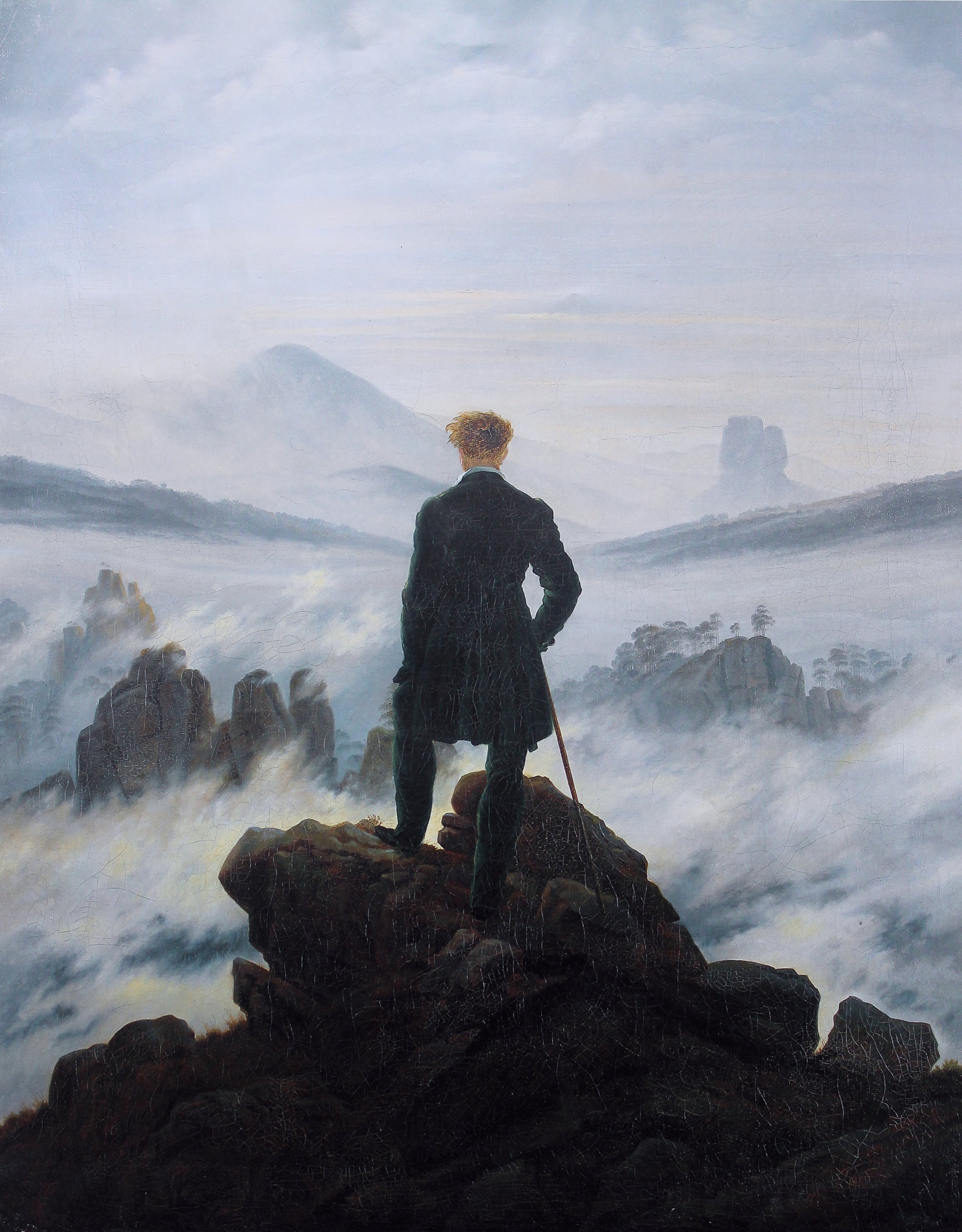|
|
LITR 4231
Early American Literature 2012 research post 2 |
|
Christina English
April 25 ,2012
A Decrease in the Marginalization of Women in Early American Literature
My
first research post was about the Marginalization of women in early American
literature. But, I have since discovered that this may not be the case anymore.
The new question that I have decided to answer is How has the marginalization of
women decreased over the years?
The literary works by women have succeeded in establishing that a significant
distinction exists between the manner in which 'others' perceive women, as
against what women themselves have felt about their own problems and prospects.
Women writers have striven to present their views and experiences either by
reproducing the works of the 'affected' women or by consolidating their views as
expressed in personal interviews with them.
According to Susan Ware, in
American Women: A Library of Congress Guide for the
Study of Women's History and Culture in the United States
“Few fields of American history have grown as dramatically as that of women's
history over the past several decades. Courses in women's history are now
standard in most colleges and universities, taught by specialists who have
trained in the field; many schools also have interdisciplinary women's studies
programs. Professors and graduate students continue to produce a wide range of
scholarship on issues of women and gender. Textbooks that once relegated their
coverage of women to luminaries such as Abigail Adams, Harriet Beecher Stowe,
Sojourner Truth, or Eleanor Roosevelt now include full discussions of major
topics and viewpoints in women's history as an integrated part of their general
narrative. Although there is still controversy about how American history should
be taught, it seems unlikely that we will ever return to the days when women
were totally absent from history books or broader historical narratives” (2001).
During the 20th century, it was very rare to see a female writer’s name in
print. A majority of female writers found it difficult to attain the opportunity
to publish their work. Most publishing houses were occupied by men, who
depreciated the works of female writers substantially because of gender.
Much has changed in the field of publishing; however.Mary
Baulkin and Susan Imbarrato write, in
Women Studies, “Female Writers were especially equipped to take on the task
of identity construction, painfully aware as most of the m were of the gendered
nature of their chosen activity… Women have been bar more active in the
construction of that identity than previously
believed (23).
Advancements In Women's Rights Through The Literature of Female Writers
writes
“Literature has been used as a vessel to spread new ideologies, voice unheard
opinion, and reinforce the longing for change. Such is the case with the
American women’s rights movement, which formulated in the form of written-word
early in the countries existence. Three key women that were early American
proponents for women’s rights, were Margaret Fuller, Abigail Adams, and Fanny
Fern. Due to these women expressing their viewpoints through their assorted
writings, breaking ground through their respected occupations, or spreading
awareness of gender-injustices, these women were on the forefront of the women’s
rights movement”(2008).
As mentioned on the website
Teaching Tolerance “Difficult as it
may be, the search is a valuable learning experience. Students are amazed at how
many women's works are out of print. One student observed: "If these women tried
to do anything academic or creative, every barrier in the world was placed
against them. ... It is amazing to rediscover these women who faced almost
insurmountable obstacles throughout their writing careers." Another said, "It
made me realize how easily someone who was successful and talented can be not
only forgotten but almost erased." ("Teaching Tolerance 1991").
Over the last five decades, there has been considerable advancement in the realm
of empowerment and development of women
The struggle for women to gain acceptance, recognition and equal rights in
society has been a long process.
There have been multiple ways of building women's capacities. One such is to
take stock of women's own achievements as writers, leaders and as members of
civil society that fights for their improvement. Several significant works have
been published in the recent years, which highlight the various issues
concerning women's participation in social and economic activities.
Works Cited
"Advancement In Women's Rights Through The Literature of
Female Writers." Info
Barrel.
Hinzie Media Inc., 2008. Web. 23 Apr 2012.
<http://www.infobarrel.com/Advancements_In_Womens_Rights_Through_The_Literature_of_Female_Writers>.
Balkun, Mary McAleer.
"Introduction: Early American Women Writers: The Gendering
of National Identity." Women.
28.1 (1998): 1. Print.
Harvey, Sheridan. American
Women: A Library of Congress Guide for the Study of
Women's History and Culture in the United States. Washington: Library of Congress, 2001. Print.
"Rediscovering Forgotten Women Writers."
Teaching Tolerance. Southern
Poverty
LawCenter, 1991. Web. 23 Apr 2012.
<http://www.tolerance.org/activity/rediscovering-forgotten-women-writers>.
|
|
|
|


